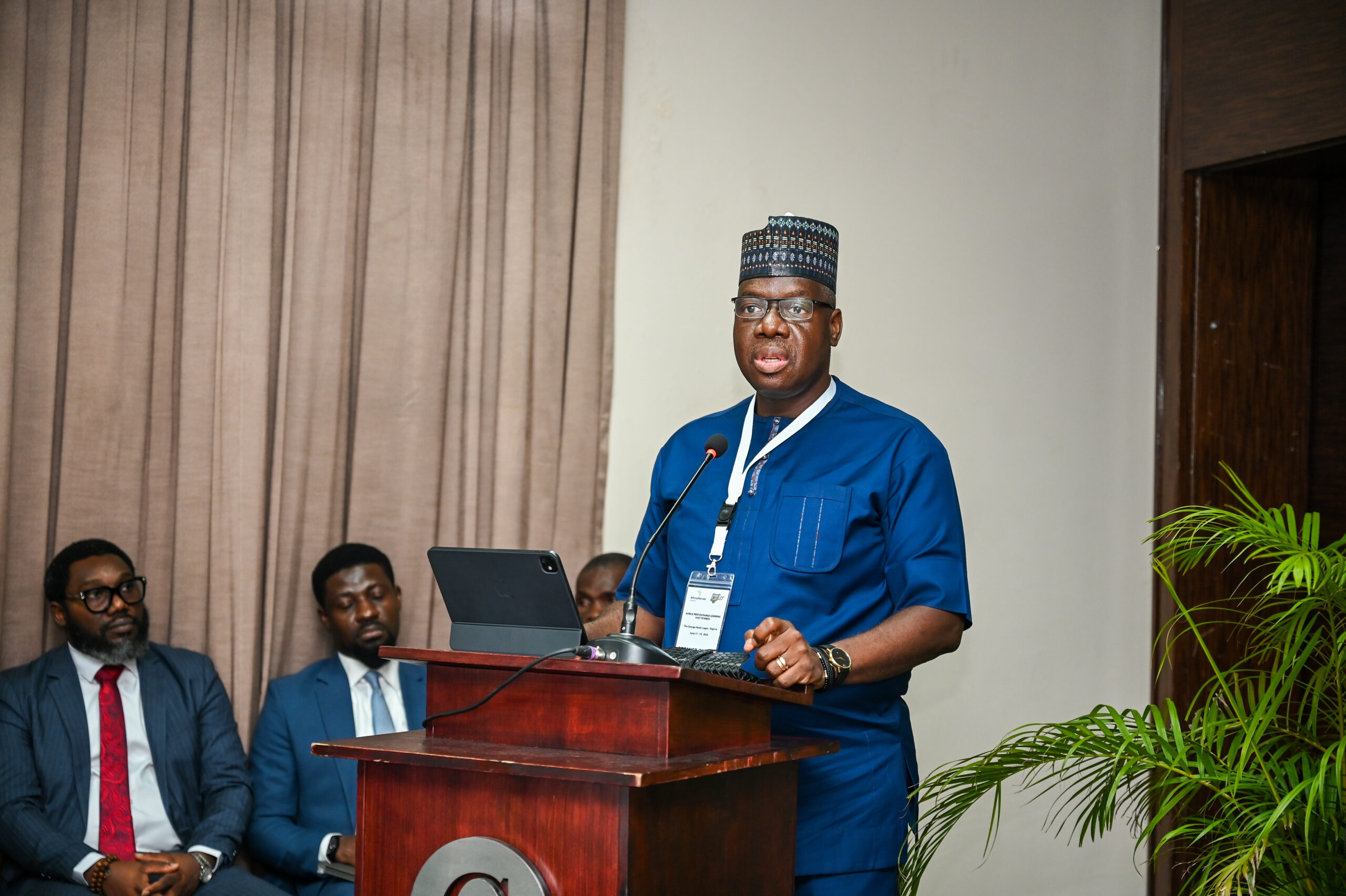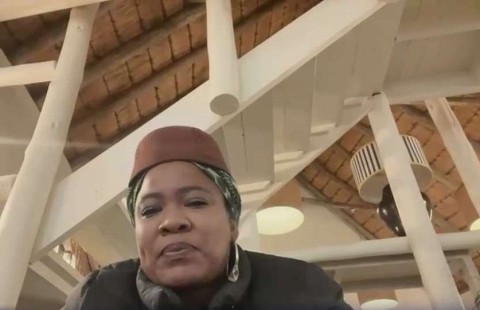Phone Addiction: Helpful Tips To Manage Social Media Anxiety And Take A Digital Detox
In the time of social media and so much content available online, digital world has become part our life. While it helps us stay connected with people and has other benefits as well, it can be overwhelming as well. Experts say, social media can add to stress, anxiety, and even decline in mental health. Constant exposure to content, comparison culture, and pressure to stay updated can feel exhausting. If you are someone feeling social media anxiety, it may be the time for you to take a digital detox. Dr Siyamli Desai, a Clinical Psychologist to know how to take a mindful break from the digital world.
Social media anxiety comes from excessive engagement with online platforms. The one who is affects feels inadequacy, stress, or fear of missing out. Some of the signs of social media anxiety include:
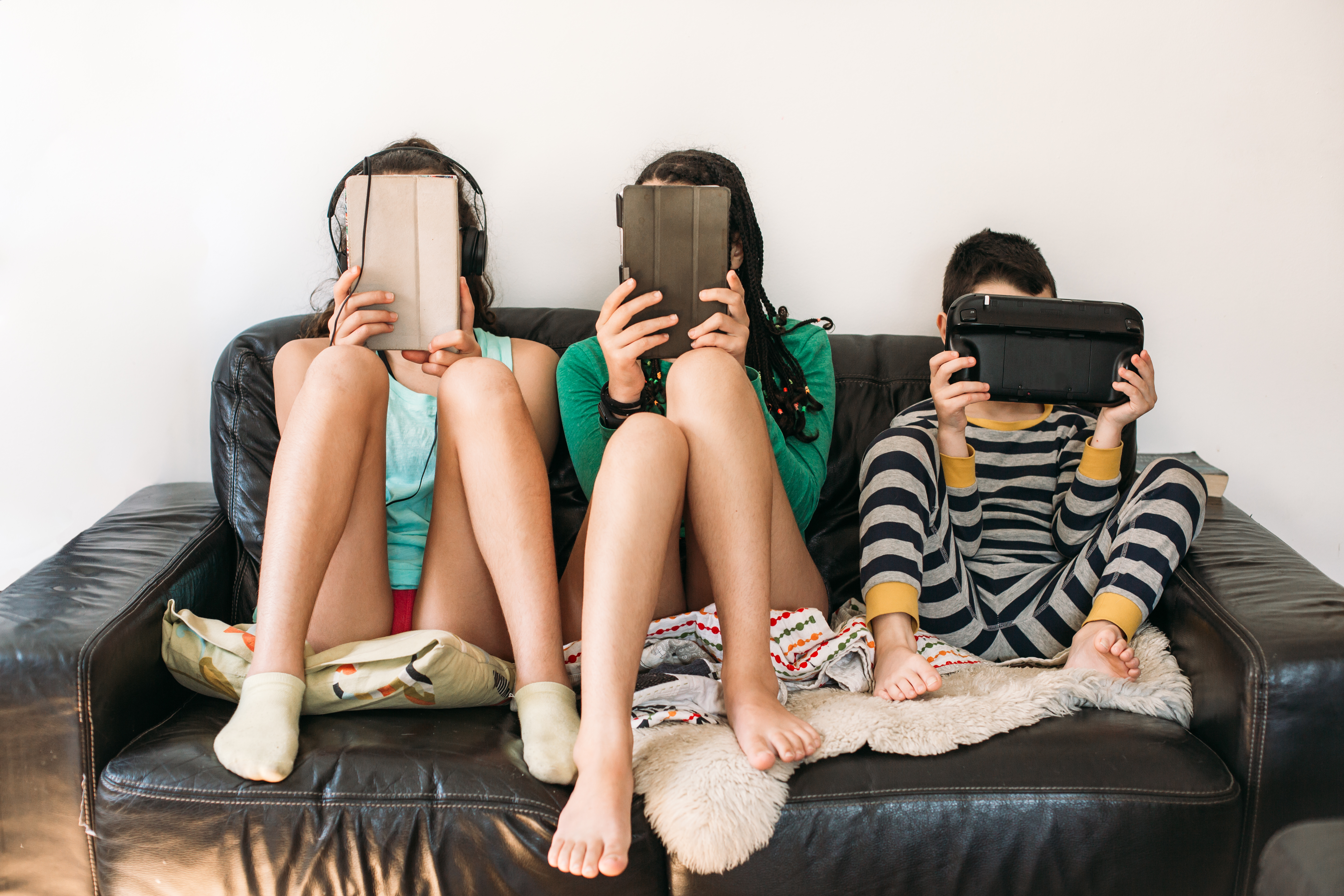
Representational Image (Getty Images)
If social media is affecting you negatively on your mental health, try implementing these small psychologist suggested strategies:
Just like setting boundaries in your life and relationship is important, same applies to how much you would want to use social media. Establish time limits for social media apps. You can use built-in screen time trackers to give you limitation exceed notification. Designate a "no-phone" zone, which can be your dining table or bedroom. Most importantly, avoid social media first thing in the morning or right before bedtime. Additionally, set a specific time to check social media instead of regularly being on it. Disabling unnecessary notifications can also reduce the urge to check your phone.
Social media tracks all your details. Unfollow or mute accounts that trigger negative emotions or self comparison. This can be your friend as well, who you don't feel comfortable seeing on social media. Follow pages that promote positivity, mental well-being and personal growth. Ensure to engage with the content that add value to your life.
With social media, most of us have forgotten to take time off from our screens and venture out. Replace your screen time with hobbies such as reading, journaling, and other outdoor activities. Spend quality time with friends and family without any digital distractions. Exercise regularly to boost endorphins and reduce anxiety.

Representational Image (Getty Images)
Digital detox means to be away from social media and reset your relationship with technology. You can easily do that with these simple strategies.
Try and take small breaks between your screen time. To start with try and spend weekend without social media. Gradually, extend your detox period as you feel more comfortable. You can also decide timings in the day when you want to check your social media accounts. 15 minutes a day is a good time to be on social media to follow updates if any.
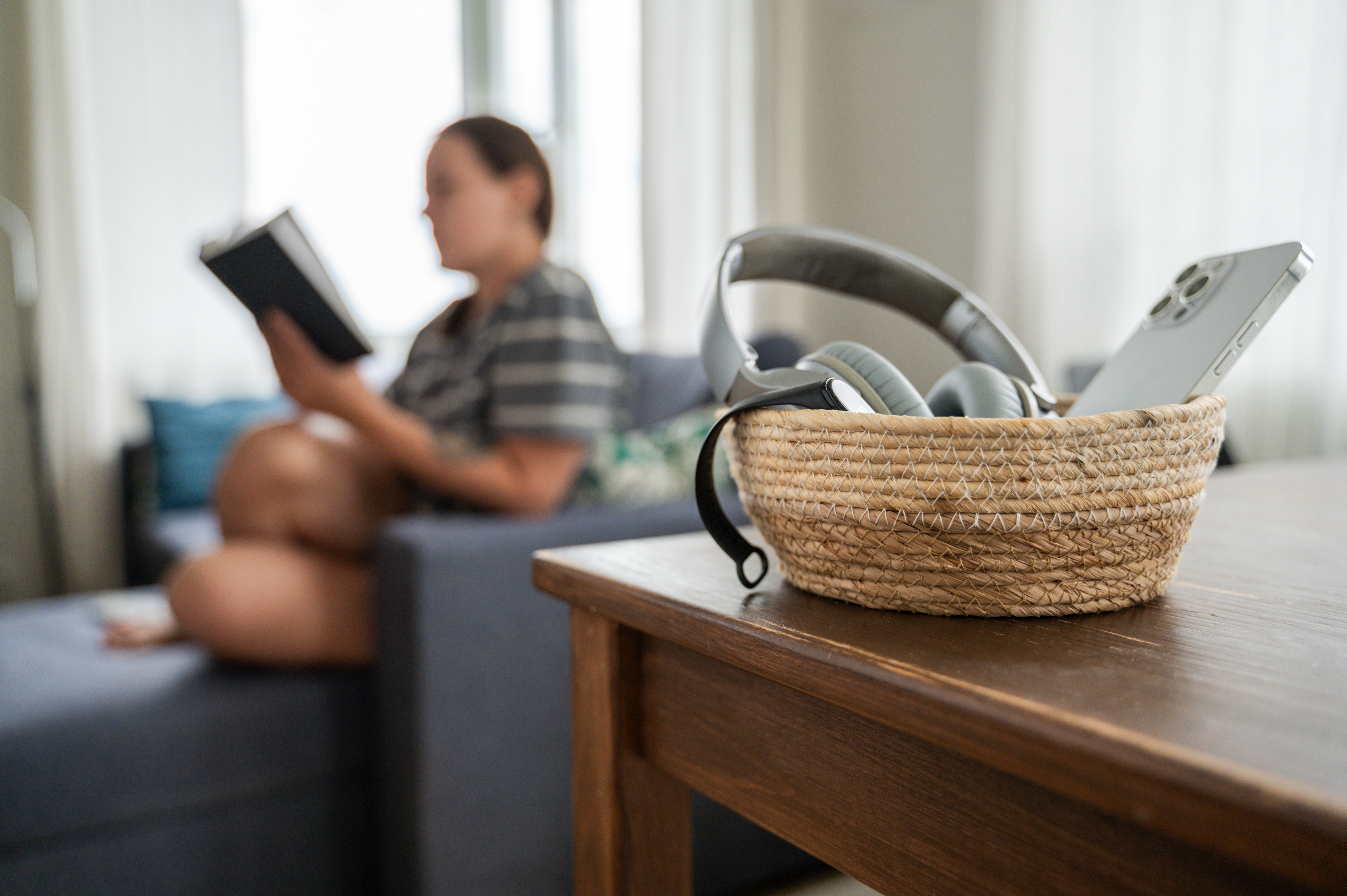
Representational Image (Getty Images)
In our busy lives while social media helps keep in touch with our friends and we know what they are up to without talking to them, it is important to keep your network informed that you are taking a break from social media. If need, they can reach out to you through other means. You can set an auto-response or update your bio to inform followers about your temporary absence.
If you are taking a social media detox, use your free time for mindfulness practices. Try and utilise that time for creative pursuits or self-care. Engage in personal interactions and meet your old friends. Real-life connections are more important than the ones on social media.
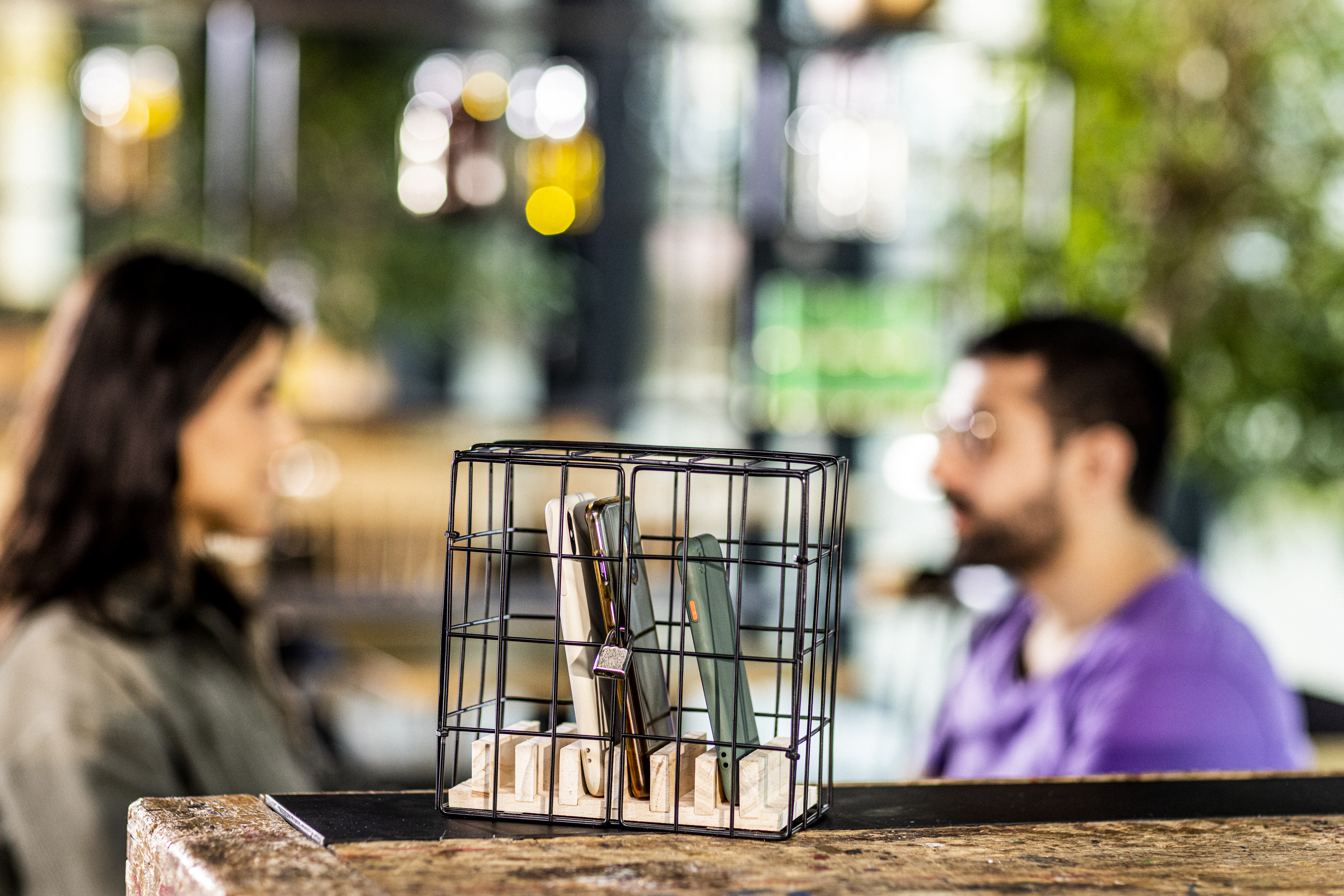
Representational Image (Getty Images)
Wring down how you feel can help you gain mental clarity. Journaling about how you feel during the detox and any positive changes that you notice can help you reflect as well as promote you for frequent digital detox. While journaling, try assessing what aspects of social media serve you and which ones you would like to reduce.
Remember, a digital detox, whether temporary or long-term, can help you reset and cultivate a healthier relationship with technology. As they say, balance is key, and it applies to all aspects of our lives.
Read More:






